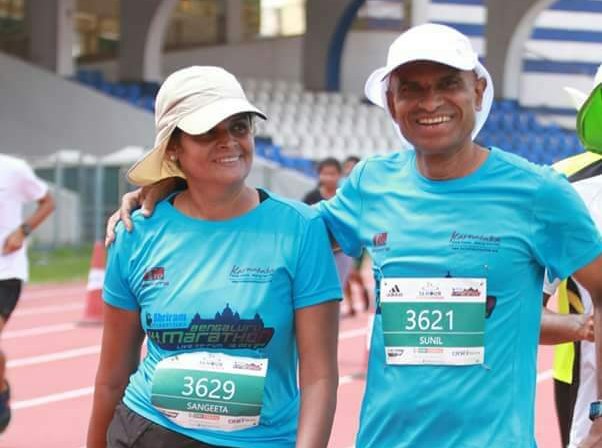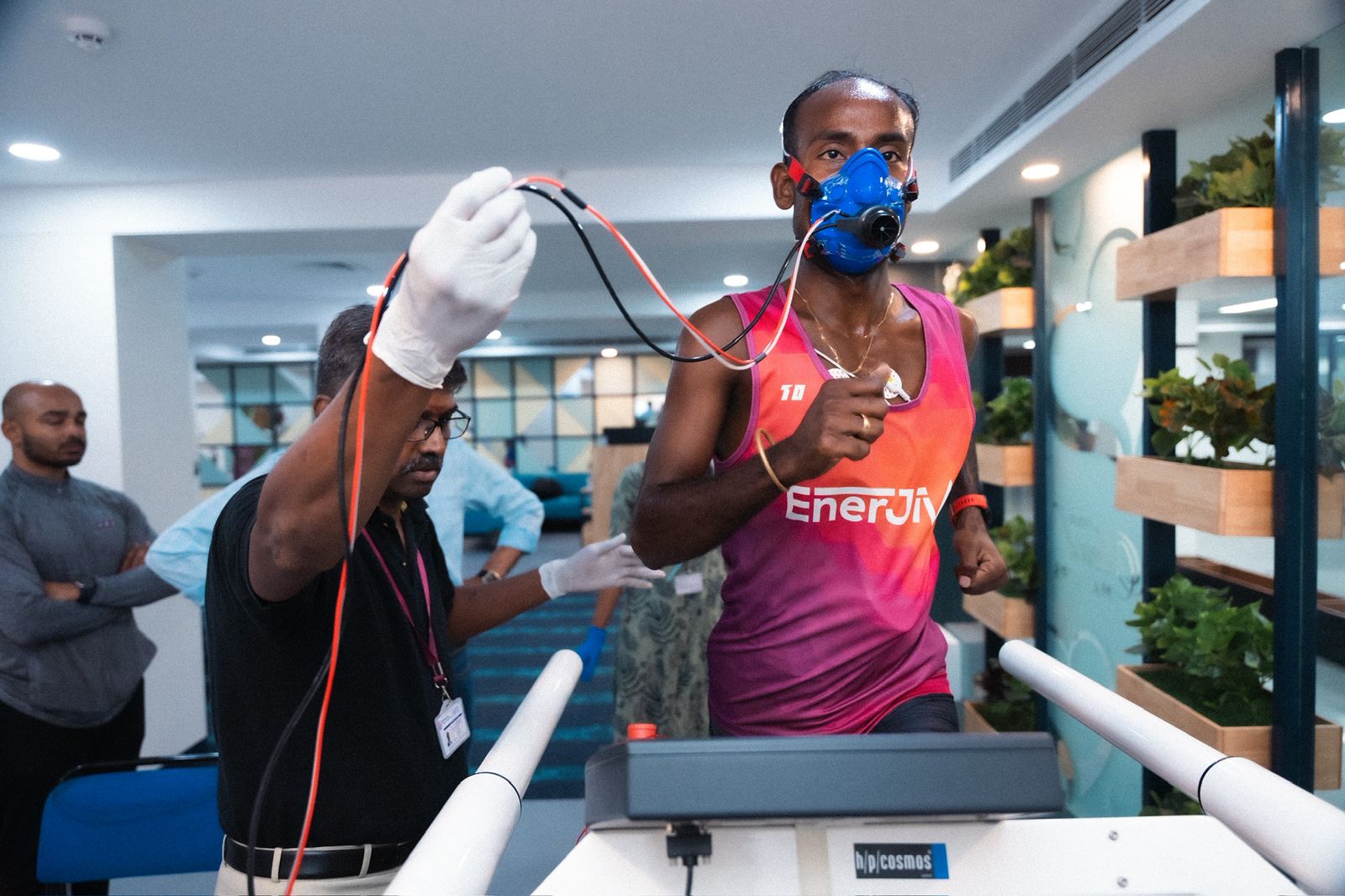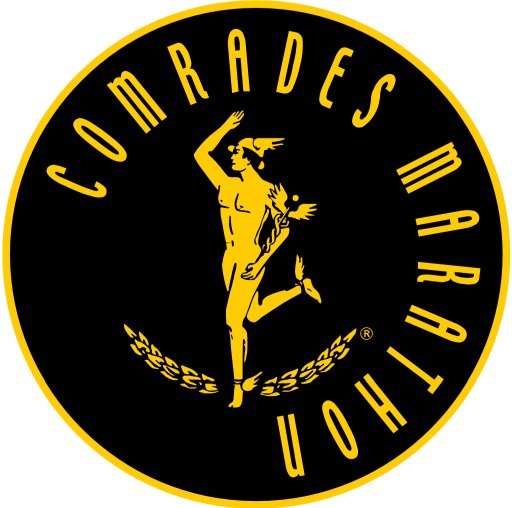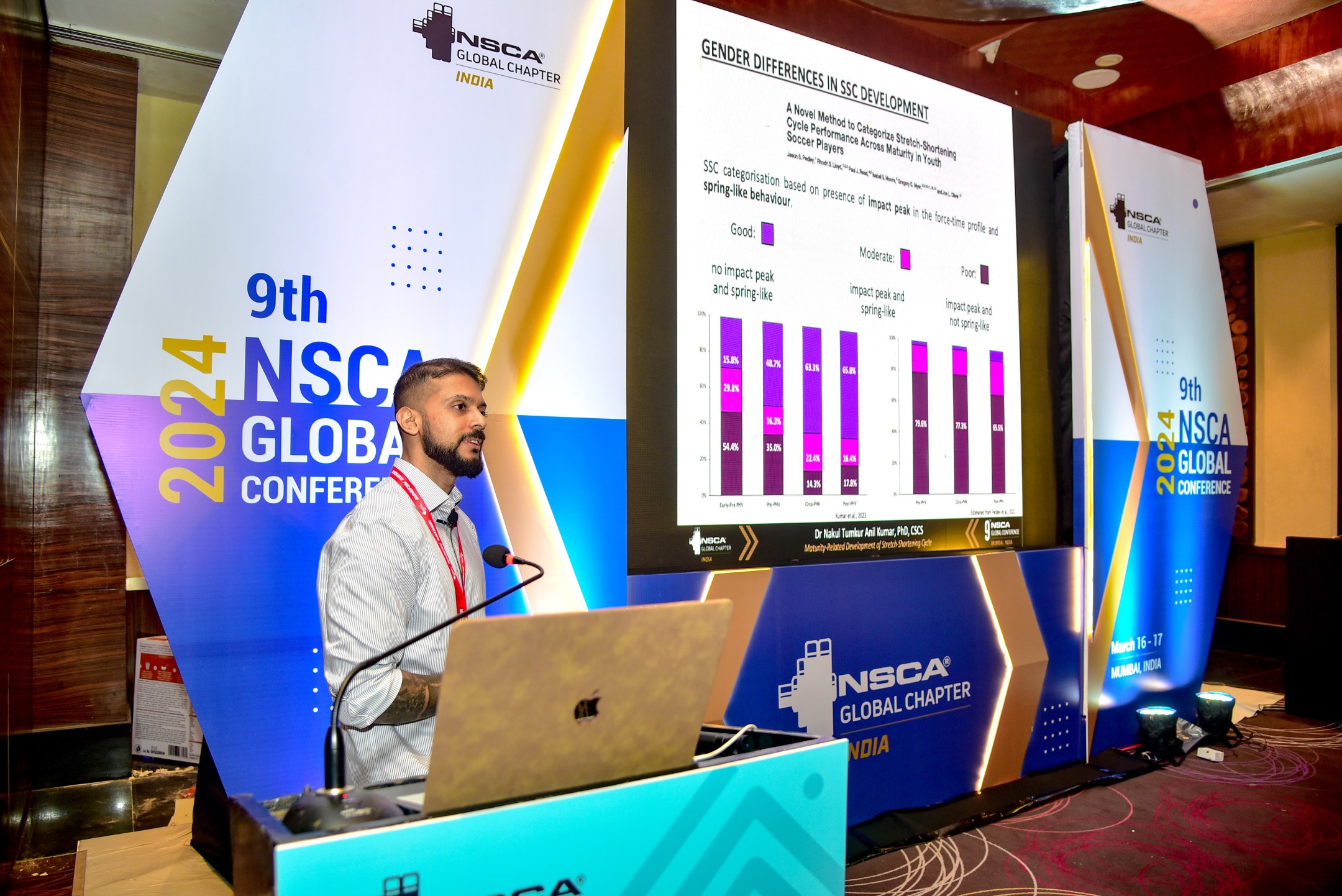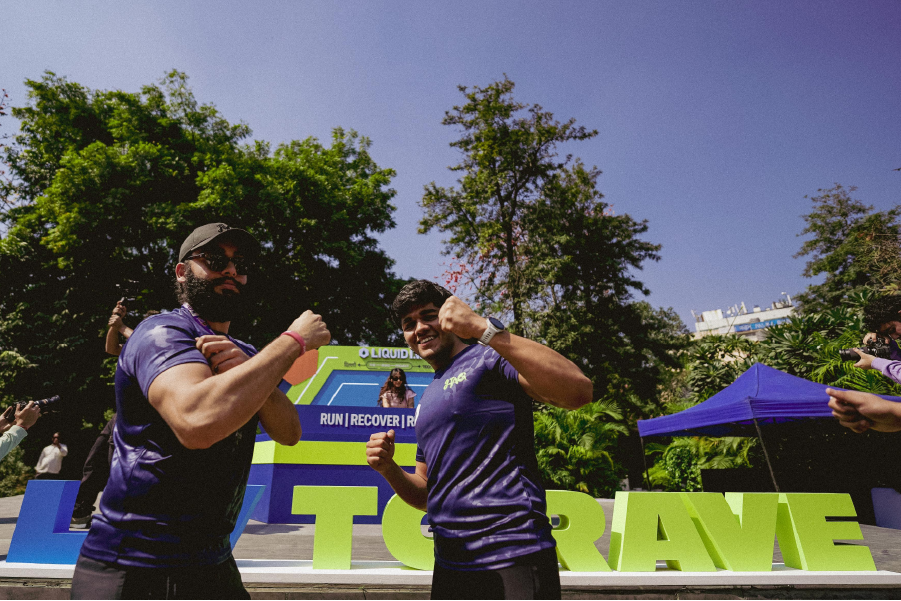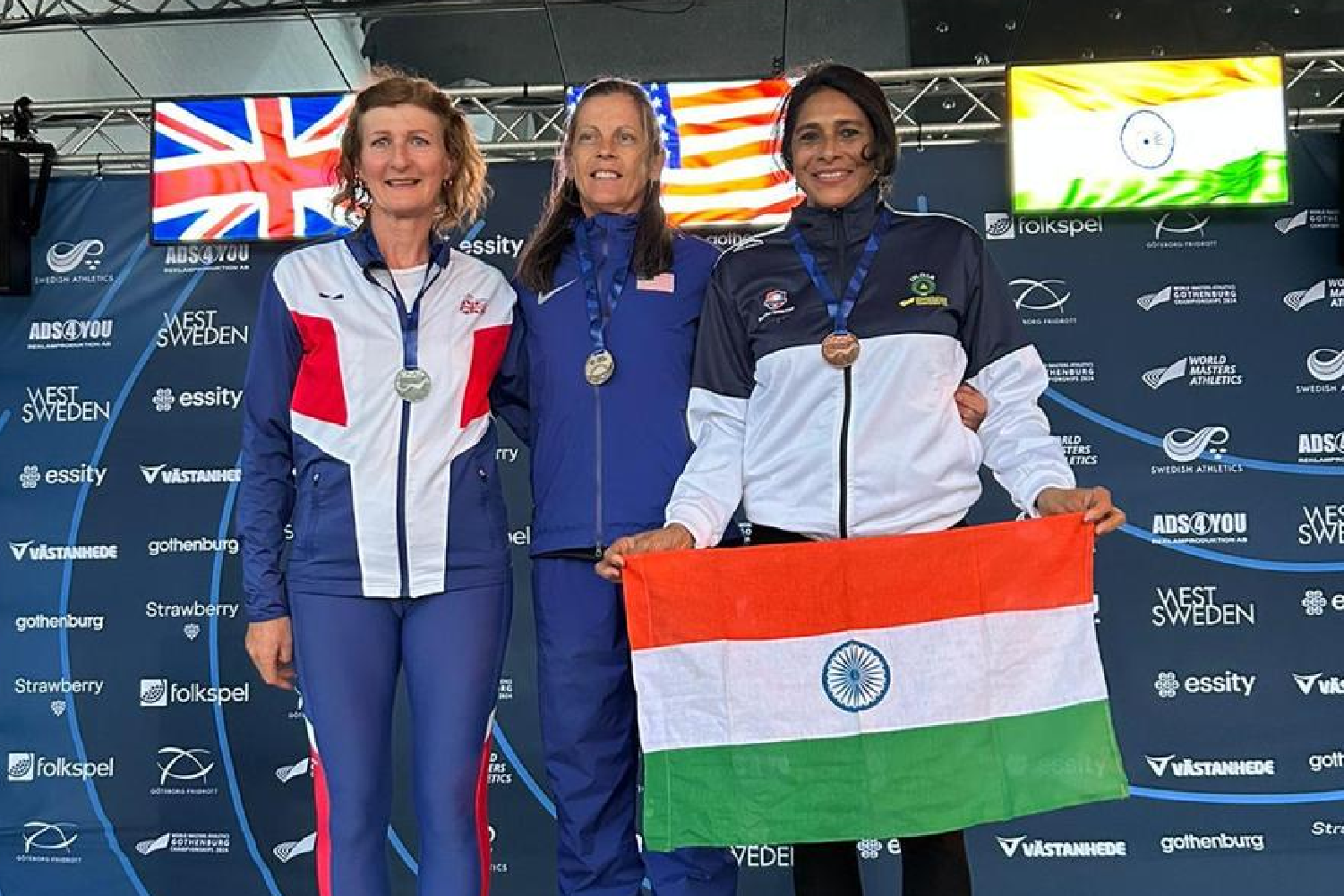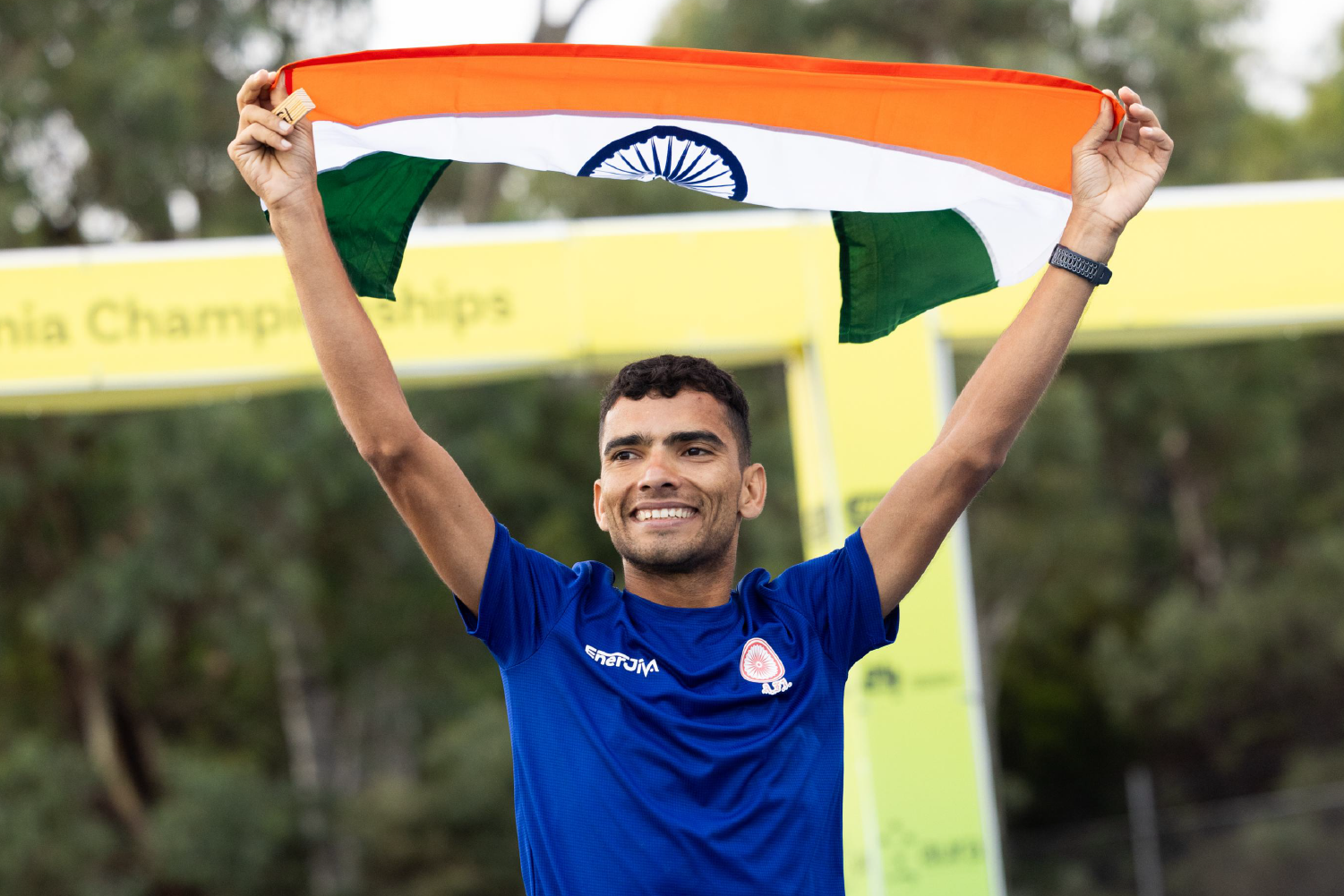
Fueling Strategies for 100K Ultramarathons: Elite vs. Everyday Runners
Fueling Strategies for 100K Ultramarathons: Elite vs. Everyday Runners
Ultramarathon running demands meticulous fueling strategies, especially in challenging conditions like India's heat and humidity. Both elite and everyday runners need to prioritize their nutritional intake to sustain energy levels and avoid complications.
Elite Runners
Elite runners fine-tune their fueling strategies with precision. In a 100K road race, they aim for a high carbohydrate intake of 90-120 grams per hour, relying on fast-digesting sources to maintain peak performance. Hydration is also crucial, with 750-1000ml of fluid per hour, including sufficient sodium to balance sweat loss. Caffeine is used strategically for alertness, and some incorporate fat oxidation training to enhance endurance.
Everyday Runners
Everyday runners require a different approach. A carbohydrate intake of 50-80 grams per hour is recommended, gradually increasing to avoid gastrointestinal issues. Common fueling choices include energy gels, sports drinks, and real food. Hydration needs vary, but a fluid intake of 500-750ml per hour with electrolytes is a good starting point. While protein intake is minimal, it can help reduce muscle breakdown over long distances.
Challenges of Heat and Humidity
India's heat and humidity pose additional challenges. To adapt, runners should focus on:
Pre-race sodium loading to maintain electrolyte balance.
Cooling strategies, such as ice packs and cold sponges.
Sweat testing to determine individual hydration and electrolyte needs.
Dietary Restrictions
Runners with lactose intolerance or celiac disease need to carefully select their nutrition products. Important considerations include:
Dairy-free alternatives for fueling and hydration.
Gluten-free carbohydrate sources, such as rice-based products and fruit purees.
Hydration products free from hidden gluten to avoid digestive distress.
Fueling for Trail Ultras
Trail ultramarathons require a different approach due to varied terrain and a slower pace, allowing for more diverse fueling options. Runners can incorporate real food alongside traditional race nutrition.
Elite runners typically consume 80-100 grams of carbohydrates per hour.
Everyday runners aim for 50-80 grams per hour.
Hydration demands increase due to longer race durations and exposure to harsh environmental conditions.
Sodium loading remains essential, particularly in humid climates.
Dietary Restrictions in Trail Ultras
Runners with dietary restrictions should consider easily digestible, natural options, such as:
Dried fruits (dates, apricots, figs) for quick carbohydrates.
Nut butters for sustained energy and healthy fats.
Coconut water as a natural electrolyte source.
Electrolyte tablets without maltodextrin to prevent stomach distress.
Key Takeaway
Whether running on road or trail, at an elite or everyday level, fueling strategies must be tested and refined during training. Heat, humidity, and dietary restrictions add complexity, but with careful planning and practice, runners can optimize their nutrition for peak performance. Ultra running success depends not only on endurance but also on strategic fueling.




 Gary Mullins
Gary Mullins